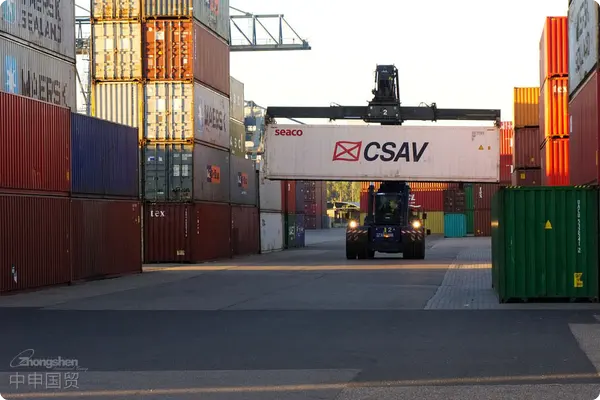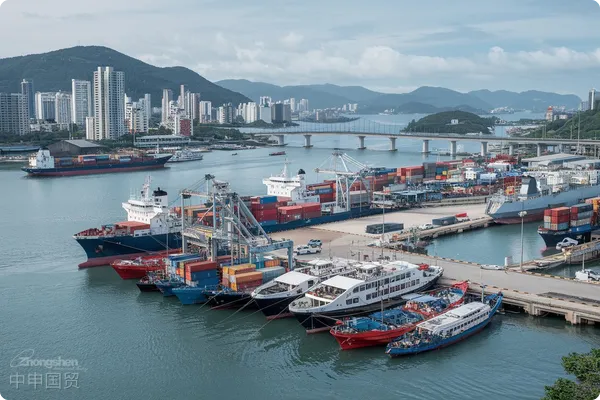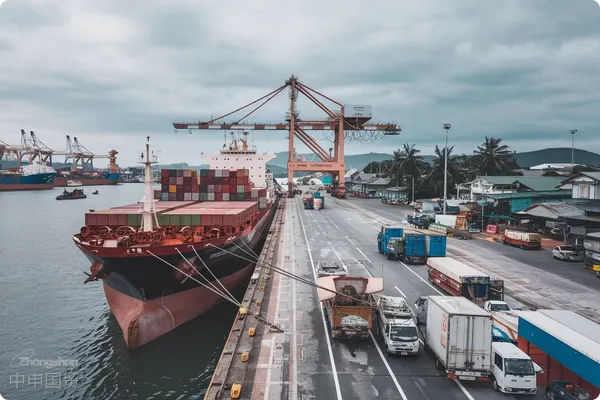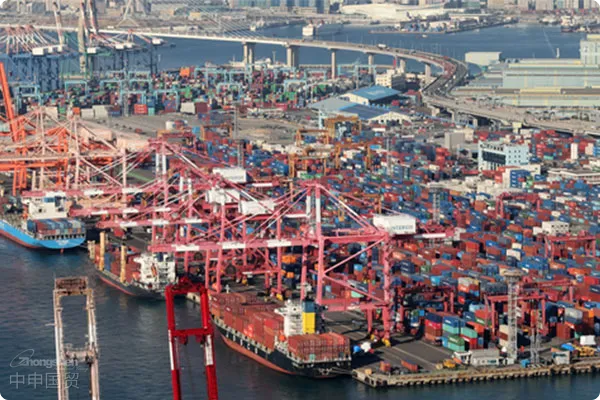- Shanghai Zhongshen International Trade Co., Ltd. - Two decades of trade agency expertise.
- Service Hotline: 139 1787 2118
Have you ever beenforeign tradeconcerned about losing ownership of goods during exports? Especially when cooperating with trading companies, ensuring that ownership remains in your hands is a challenge every factory owner must face. With the right strategies and contract design, you can ensure that ownership remains firmly in your hands in the complex international trade environment.

Clarify Contract Terms
Clearly Define Ownership of Goods in Contracts:
(a) In contracts signed with trading companies, clearly stipulate the ownership of goods. It can be specified that the ownership of the goods remains with the factory until full payment is received. This can be achieved by signing a sales contract with explicit terms.
(b) The contract can clearly define the payment milestones and conditions for the transfer of ownership. For example, it can stipulate that ownership transfers from the factory to the trading company only after the factory receives full payment.
Retention of Title Clause:By including a Retention of Title Clause in the contract, it is made clear that ownership of the goods does not transfer to the trading company until full payment is made. This means that even if the goods have been delivered or are in transit, the factory retains ownership.
Control Bills of Lading and Documents
Bill of Lading Control:
(a) In the Shipper field of the bill of lading, require the factorys name to be listed instead of the trading companys. This ensures that the factory retains some control over the goods during transportation.
(b) If the trading company must be listed as the shipper, the contract can require the trading company to provide copies of shipping documents after dispatch and stipulate that the trading company cannot transfer the bill of lading before payment is made.
Regional Mandatory CertificationsLetter of CreditUsage:
(a) Use a Letter of Credit (L/C) as the payment method. Through the L/C, payment conditions can be specified in the L/C terms, ensuring that the bill of lading and ownership of the goods do not transfer to the trading company or buyer until the factory receives payment.
(b) In the L/C, clearly stipulate that the bill of lading and other relevant documents can only be submitted to the bank after the factory confirms receipt of payment.
Adjust Cooperation Models
Processing Trade Method:Consider adopting a processing trade method where the factory processes materials supplied by the trading company. In this case, ownership of the goods remains with the factory, and the trading company only pays processing fees. This method allows the factory to retain control over the goods.
Entrusted Export Agency:The factory can sign an export agency agreement with the trading company, where the factory retains ownership of the goods while the trading company handles export operations. This method can help the factory maintain some control over the goods.
Trust and Risk Control
Building Trust and Cooperation:Establish a long-term cooperative relationship between the factory and the trading company, gradually building mutual trust through multiple transactions. As the partnership deepens, more flexible methods of ownership control can be explored.
Phased Payment and Delivery:Adopt a phased payment and delivery approach. At each stage, the factory can decide whether to continue delivering the remaining goods based on the trading companys payment status.
Guarantees and Insurance:The factory can require the trading company to provide guarantees or insurance to ensure that the factorys ownership rights are protected in case of non-payment. Insurance or bank guarantees can help reduce the factorys ownership risks.
Legal and Professional Consultation
Legal Advisor Support:When drafting contracts and handling ownership issues, it is advisable to hire a professional legal advisor to ensure the legal validity of contract terms and provide effective legal support in case of disputes.
Arbitration and Dispute Resolution Clauses:Include clear arbitration and dispute resolution clauses in the contract to establish a defined mechanism for resolving conflicts and reducing trade risks.
Risks and Realities of Trading Companies
As mentioned above, if the factory wishes to retain ownership of goods while cooperating with the trading company, and the trading company aims to minimize its own risks, both parties must negotiate to reach a balanced agreement. Typically, trading companies may be reluctant to take on the risk of export operations without ownership of the goods. Therefore, the factory needs to assess whether it is willing to assume some export risks and find a solution acceptable to both parties.
Overall, ensuring ownership of goods in cooperation with trading companies hinges on the design of contract terms, control of bills of lading and documents, and the choice of payment methods. Through effective contract management and adjustments to the cooperation model, the factory can secure ownership rights to a certain extent.
Related Recommendations
Learn
Contact Us
Email: service@sh-zhongshen.com
Related Recommendations
Contact via WeChat

? 2025. All Rights Reserved. 滬ICP備2023007705號-2  PSB Record: Shanghai No.31011502009912
PSB Record: Shanghai No.31011502009912









